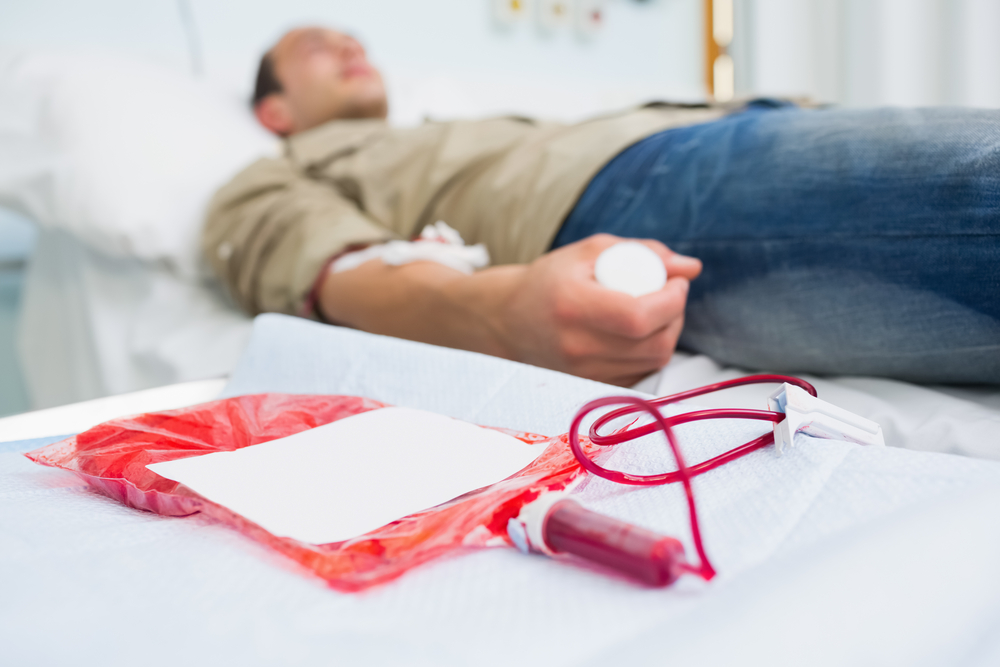New York Blood Center and UC Davis Health System Partner to Produce Novel Stem Cell Therapies
Written by |

The New York Blood Center (NYBC), one of the largest independent, community-based blood centers in the country, serving the more than 20 million people who live in the New York metropolitan area, recently announced it has partnered with the University of California Davis Health System to develop specialized lines of stem cells to potentially serve as reparative options for retina, kidney, lung and liver tissue regeneration, and for neurodegenerative disorders, such as Parkinson’s, Alzheimer’s and Huntington’s disease.
The partnership will be working under the Center’s Milstein Cord Blood Center, and will be funded by the Howard and Abby Milstein Foundation. Leading the initiative is Dr. Pablo Rubinstein, Vice President of NYBC and Program Director of the National Cord Blood Program (NCBP) at the Milstein Cord Blood Center, and Dr. Jan Nolta, Director of the UC Davis Stem Cell Program and the UC Davis Institute for Regenerative Cures.
Launched in 1992, New York Blood Center’s National Cord Blood Program (NCBP) at the Howard P. Milstein Cord Blood Center was the first umbilical cord blood bank established to collect, process, test and store cord blood units and make them available for transplantation to any patients in need of hematopoietic stem cell transplantation.
According to the 2-year agreement, UC Davis will be responsible for producing pluripotent stem cells (iPSCs) out of homozygous units from the Center’s umbilical cord blood bank. These blood units are rich in stem cells collected from cord blood donations after the birth and safe delivery of a baby. NYBC offers a rare and extensive collection of homozygous units, making the partnership a special opportunity to manufacture iPSC lines that can create any human tissue and match with a larger number of people.
“It is with great pride that we announce this wonderful collaboration,” said Howard P. Milstein, Chairman of the Board of New York Blood Center. “This partnership signals the next step in the advancement of regenerative medicine, which has already saved thousands of lives worldwide, with the potential to save many millions more.”
“Regenerative medicine is the next frontier of medical science,” Mr. Milstein added. “It will ultimately give doctors the ability to repair or replace every major organ in the human body.”
“What is exciting about this collaboration is that we are working on therapeutic stem cells whose genetic make-up may avoid the problem of transplant immune rejection and thus could benefit many patients of different ages, sexes and racial groups,” said Nolta. “Using our Good Manufacturing Practice (GMP) facility, we will manufacture stem cell lines that can be used as source material to develop new treatments for previously untreatable diseases and conditions.”
Nolta added: “NYBC’s accomplishments in creating and nurturing cord blood banking were made possible through its long tradition of innovation in medical biotechnology, thanks to the outstanding dedication of Dr. Rubinstein and his staff, the commitment of NYBC’s president, Dr. Christopher Hillyer, and the visionary leadership of Board of Trustees Chairman Howard Milstein.”





